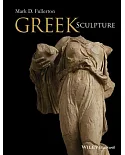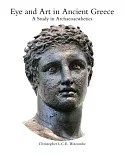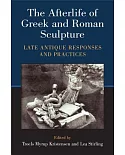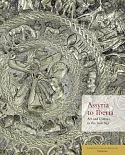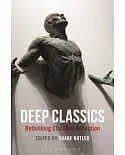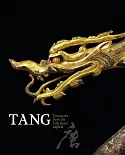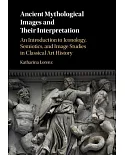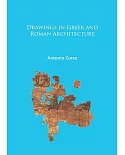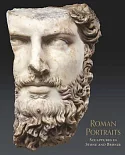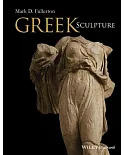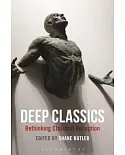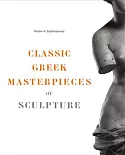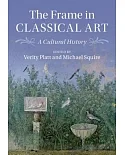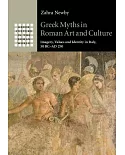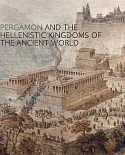In Roman Eyes, Jas Elsner seeks to understand the multiple ways that art in ancient Rome formulated the very conditions for its own viewing, and as a result was complicit in the construction of
subjectivity in the Roman Empire. Elsner draws upon a wide variety of visual material, from sculpture and wall paintings to coins and terra-cotta statuettes. He examines the different contexts
in which images were used, from the religious to the voyeuristic, from the domestic to the subversive. He reads images alongside and against the rich literary tradition of the Greco-Roman
world, including travel writing, prose fiction, satire, poetry, mythology, and pilgrimage accounts. The astonishing picture that emerges reveals the mindsets Romans had when they viewed
art--their preoccupations and theories, their cultural biases and loosely held beliefs.Roman Eyes is not a history of official public art--the monumental sculptures, arches, and buildings we
typically associate with ancient Rome, and that tend to dominate the field. Rather, Elsner looks at smaller objects used or displayed in private settings and closed religious rituals, including
tapestries, ivories, altars, jewelry, and even silverware. In many cases, he focuses on works of art that no longer exist, providing a rare window into the aesthetic and religious lives of the
ancient Romans.


